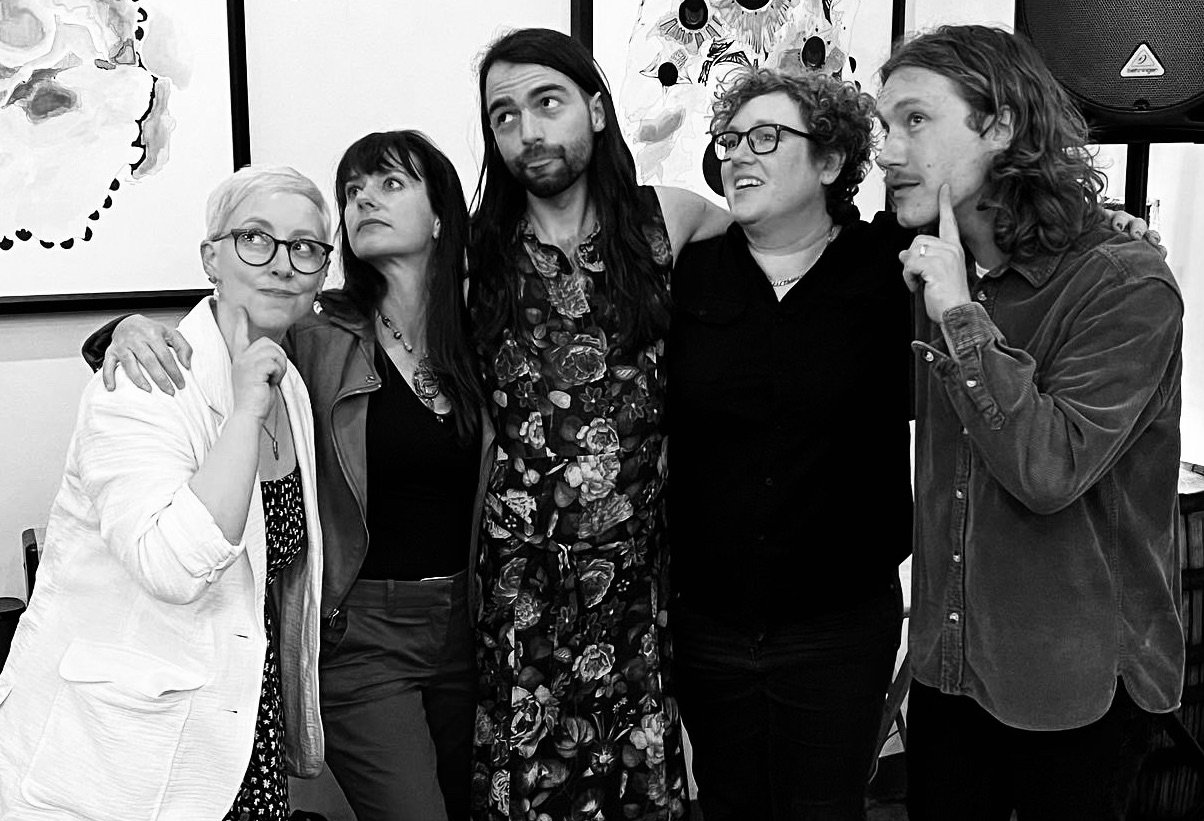neoPhonia New Music Ensemble
program:
Centennial Sonneries (premiere) by Nickitas DEMOS
homecoming
inspired thinking
paper, bytes, and patience
Jungshi Yang, violin • Justin Dougherty, cello • Mengyao Sun, piano
When presented with the opportunity to compose this piano trio, I was unsure whether to write absolute music or draw inspiration from an extra-musical source. I found my answer through the discovery that this piece, when completed, would be the 100th composition of my creative output. This piece is therefore a celebration not only of reaching the milestone of 100 works, but a commemoration of two additional personal centennials associated with the year in which most of the piece was written: 2017.
The first movement, homecoming, commemorates the 100th Anniversary of my grandfather’s processing through Ellis Island in 1917. I had addressed this same topic back in the year 2000 with my concerto grosso for ethnic Greek band and orchestra, New World Sketches. That particular piece focused on my family’s immigration to the United States in the early 20th Century. The music in New World Sketches is highly programmatic and uses many elements of Greek folk music and rhythms. The first movement for Centennial Sonneries, by contrast, is devoid of overt uses of Greek folk music. It nevertheless tries to capture the anxiety of the voyage my grandfather undertook 100 years ago.
The second movement, inspired thinking, also concerns the year 1917 as it was the birth year of President John F. Kennedy. The centennial observation of this milestone took place in 2017. This is relevant to me personally as JFK was the president in office when I was born. In contemplating the Kennedy presidency, it is almost impossible not to contrast his style with the president in office during the time this piece was written. As I complete this piano trio, there is a great deal of divisiveness within the country that has been exacerbated by the results of the 2016 presidential election. Of course, while the decade I was born into was not without its share of serious challenges (the Cuban Missile Crisis, the Bay of Pigs incident, egregious racial and gender inequalities, etc.), it also produced some truly inspired thinking: the creation of the Peace Corps, the Equal Pay Act, and the vision to land humanity on the Moon among other achievements. It is this aspirational thinking that I believe is largely absent from the current governing mindset. The music in the second movement of this piece therefore is a lament for an apparent loss of altruistic and inspired governance and has a yearning quality for a time when political divisiveness was a bit less vitriolic.
The third movement, paper, bytes, and patience, is the movement that specifically acknowledges that this is the 100thcomposition I have written. The title of the movement is a reminder to me of just how many musical notes are contained in 100 compositions! These notes exist as handwritten pencil markings on music manuscript paper, in computer notated hard copy formats, and as simply bytes of data stored on my computer and in the Cloud. I also have a sense that these notes all patiently wait for their opportunity to be reborn as actual sounding music. This is, perhaps, the universal wish of most composers: to have one’s music live on through ongoing performances.
As is the case with many of my compositions,Centennial Sonneriesis deeply concerned with elements of time. Aside from the clear references to anniversaries, I made conscious use of the term “sonneries” coming from the French, “Sonnerie,” and translated as "making sound"or a "ring". The term generally applies to bell towers or bells in mechanical clocks. Therefore, the title of this piece includes a subtle reference to the passing of time - as marked by sound - in addition to the commemorations of centennial milestones.
________________________________
Petrasek Duo
program:
Second Solstice (premiere) for flute & vibraphone by Nickitas DEMOS
Ariadne for flute & multi percussion by Lou HARRISON
Patience for flute & marimba by Michael KURTH
Jessica Petrasek, flute • Jeo Petrasek, percussion







